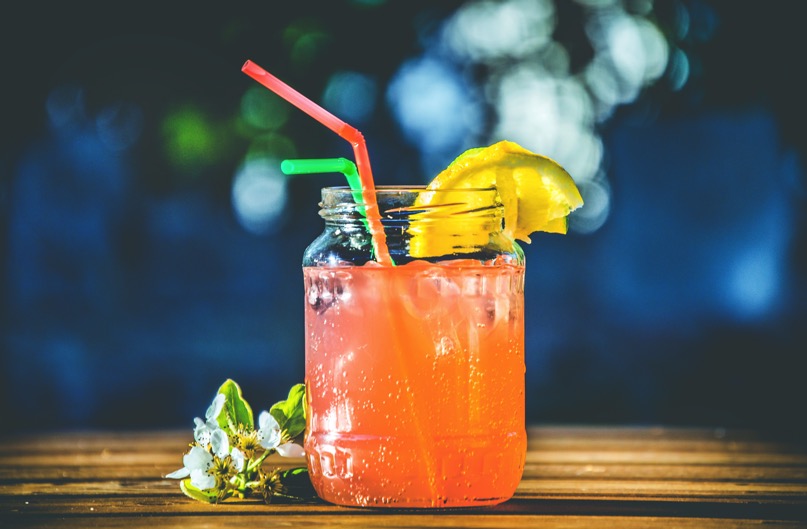The beverage industry across the world is currently facing reduced consumption in addition to a significant disruption to their supply chains. While consumption of beverages has increased by people at home, but out of the home consumption, which has historically been the highest in terms of margins are at a standstill. Countrywide lockdowns and social distancing have meant that people aren’t sitting in food courts and restaurants to casually sip on a beverage while they shop. If anything, it could signify a long-term change in consumer behavior, according to some experts.
The Primary Factors of Growth for the Beverage Industry
Very similar to the food industry, the beverages industry prior to COVID-19, saw a rising number of so-called “on the go” consumers who were buying ready to eat food and drinks. Also, factoring in the steadily increasing population and the improvement in the per capita income meant that the beverage industry was on the rise. However, during the pandemic, shutdowns of restaurants and outside seating areas have brought this primary growth factor to a halt.
Another factor that has impacted the beverage industry has been the supply chain during the pandemic. Disruption because of lockdowns has meant that even giants like Coca Cola Co. experienced major delays in the number of raw materials it received from China. There were also growing fears that the material from China would be infected with the virus. It is important to note here that Coca Cola Co. sources its sucralose from both China and the US. However, supplies from China have been delayed.
Building Online Delivery Mechanisms
One of the ways to overcome the shortfall in consumption is for beverage makers to cut out the middleman and sell directly to the consumer online. While some small beverage brands have taken the initiative, the giants are yet to follow. Though it is easier said than done for mega-corporations with thousands of employees globally and a client base that spans over a billion people.
Companies can target specific countries, regions, and cities. Offer customer service, online ordering, and delivery features in many different languages that are spoken in that particular city or country. Partnering with local delivery services will help foreign companies to bank on the local knowledge of these services to ensure reliable delivery time frames.
Reducing Impacts to the Supply Chain
The supply of raw material is critical in the manufacturing of any product, including beverages. One way to minimize the impact is to have sufficient local storage of it. Storing the product locally also helps save businesses from rising prices, which is almost unavoidable, given how the world economy is shaking.
Finally, Be Multilingual
Speak the language of your buyer; it is something we always tell businesses. When you speak their language, they understand exactly what you need them to, and that’s always good for business. Make sure that you always have native speakers to handle verbal and non-verbal aspects of your global marketing in multiple languages. Doing this will help build trust in what are testing times.

